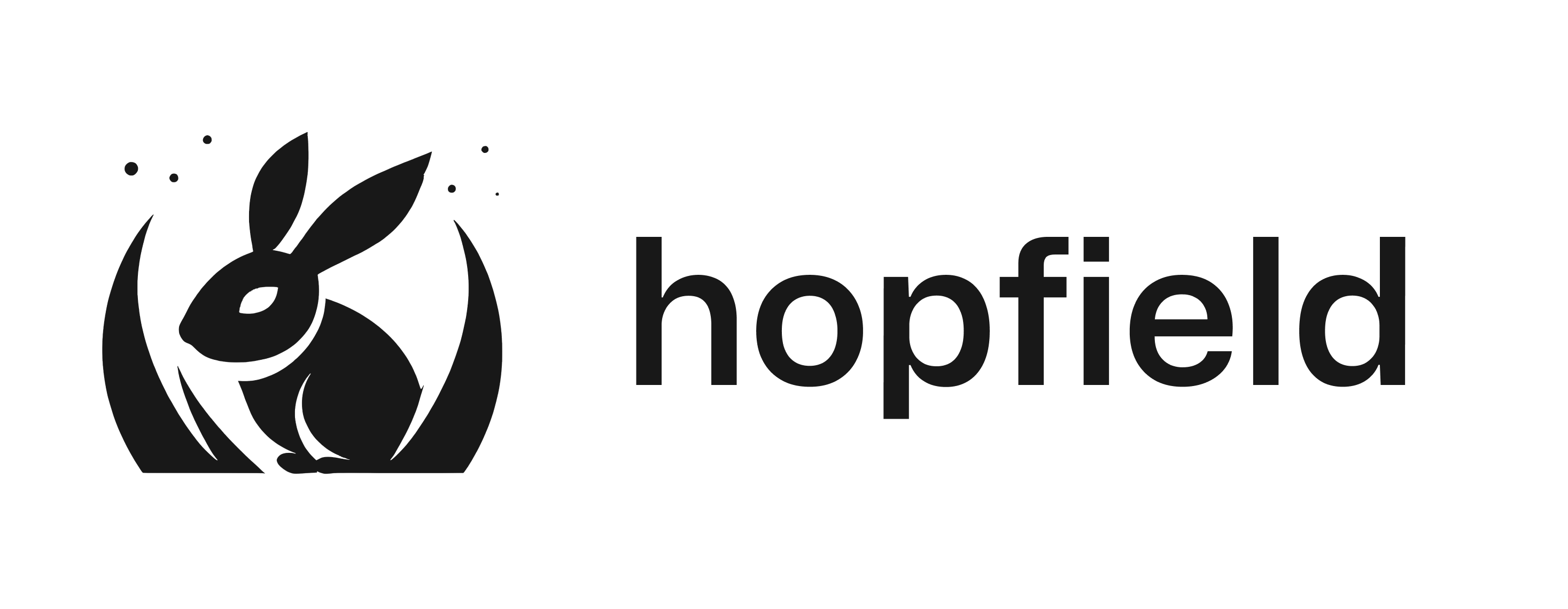Next.js App Router
Hopfield empowers developers to seamlessly fetch and stream data directly into Next.js React Server Components.
Overview
Hopfield streaming chat provides a readableStream() which can be used to build recursive React Server Components.
The readableStream() from Hopfield's streaming chat provider returns a ReadableStream (available in Node 18+, or it can be polyfilled with a library like web-streams-polyfill.).
Non-streaming
If you are not interested in using streaming, you can use the non-streaming chat provider easily with a simple RSC that awaits the full response from chat.get(). This is not shown below, but is a much simpler integration that does not include any custom code for streaming token by token.
Backpressure
The readable stream handles backpressure with a pull-based approach. See our tests for how Hopfield handles backpressure. For a more detailed explanation on "backpressure" and how it factors into streaming LLM responses, please see the vercel/ai docs.
Usage
Here's how to use Hopfield with a recursive React Server Component using Suspense:
import { Suspense } from "react";
import hop from "hopfield";
import openai from "hopfield/openai";
import OpenAI from "openai";
// Set up the OpenAI client
const openaiClient = new OpenAI({ apiKey: "OPENAI_API_KEY" });
// Pass the OpenAI client into Hopfield
const hopfield = hop.client(openai).provider(openaiClient);
// Create a streaming chat provider
const chat = hopfield.chat("gpt-3.5-turbo-16k-1106").streaming();
export type ChatResponseProps = {
prompt: string;
};
export async function ChatResponse({ prompt }: ChatResponseProps) {
// construct messages with hop.inferMessageInput
const messages: hop.inferMessageInput<typeof chat>[] = [
{
role: "system",
content: "You are a helpful AI assistant.",
},
{
role: "user",
content: prompt,
},
];
const response = await chat.get(
{ messages: messages },
{
onChunk: async (value) => {
console.log(`Received chunk type: ${value.choices[0].__type}`);
// do something on the server with each individual chunk as it is
// streamed in
},
onDone: async (chunks) => {
console.log(`Total chunks received: ${chunks.length}`);
// do something on the server when the chat completion is done
// this can be caching the response, storing in a database, etc.
//
// `chunks` is an array of all the streamed responses, so you
// can access the raw content and combine how you'd like
},
// if you are using function calling, you can also add a onFunctionCall
// here with zod-parsed arguments
}
);
// pass the `readableStream` to the RSC
return <Tokens stream={response.readableStream()} />;
}
type Props = {
/**
* A ReadableStream produced by Hopfield.
*/
stream: ReadableStream<hop.inferResult<typeof chat>>;
};
/**
* A React Server Component that recursively renders a stream of tokens.
*/
async function Tokens(props: Props) {
const { stream } = props;
const reader = stream.getReader();
return (
<Suspense>
<RecursiveTokens reader={reader} />
</Suspense>
);
}
type RecursiveTokensProps = {
reader: ReadableStreamDefaultReader<hop.inferResult<typeof chat>>;
};
async function RecursiveTokens({ reader }: RecursiveTokensProps) {
const { done, value } = await reader.read();
if (done) {
return null;
}
return (
<>
{value.choices[0].__type === "content" ? (
value.choices[0].delta.content
) : (
<></>
)}
<Suspense fallback={<LoadingDots />}>
<RecursiveTokens reader={reader} />
</Suspense>
</>
);
}
// This can be any loading indicator you want, which gets appended to the end
// of the tokens while waiting for the next token to be streamed
const LoadingDots = () => <span>...</span>;import { Suspense } from "react";
import hop from "hopfield";
import openai from "hopfield/openai";
import OpenAI from "openai";
// Set up the OpenAI client
const openaiClient = new OpenAI({ apiKey: "OPENAI_API_KEY" });
// Pass the OpenAI client into Hopfield
const hopfield = hop.client(openai).provider(openaiClient);
// Create a streaming chat provider
const chat = hopfield.chat("gpt-3.5-turbo-16k-1106").streaming();
export type ChatResponseProps = {
prompt: string;
};
export async function ChatResponse({ prompt }: ChatResponseProps) {
// construct messages with hop.inferMessageInput
const messages: hop.inferMessageInput<typeof chat>[] = [
{
role: "system",
content: "You are a helpful AI assistant.",
},
{
role: "user",
content: prompt,
},
];
const response = await chat.get(
{ messages: messages },
{
onChunk: async (value) => {
console.log(`Received chunk type: ${value.choices[0].__type}`);
// do something on the server with each individual chunk as it is
// streamed in
},
onDone: async (chunks) => {
console.log(`Total chunks received: ${chunks.length}`);
// do something on the server when the chat completion is done
// this can be caching the response, storing in a database, etc.
//
// `chunks` is an array of all the streamed responses, so you
// can access the raw content and combine how you'd like
},
// if you are using function calling, you can also add a onFunctionCall
// here with zod-parsed arguments
}
);
// pass the `readableStream` to the RSC
return <Tokens stream={response.readableStream()} />;
}
type Props = {
/**
* A ReadableStream produced by Hopfield.
*/
stream: ReadableStream<hop.inferResult<typeof chat>>;
};
/**
* A React Server Component that recursively renders a stream of tokens.
*/
async function Tokens(props: Props) {
const { stream } = props;
const reader = stream.getReader();
return (
<Suspense>
<RecursiveTokens reader={reader} />
</Suspense>
);
}
type RecursiveTokensProps = {
reader: ReadableStreamDefaultReader<hop.inferResult<typeof chat>>;
};
async function RecursiveTokens({ reader }: RecursiveTokensProps) {
const { done, value } = await reader.read();
if (done) {
return null;
}
return (
<>
{value.choices[0].__type === "content" ? (
value.choices[0].delta.content
) : (
<></>
)}
<Suspense fallback={<LoadingDots />}>
<RecursiveTokens reader={reader} />
</Suspense>
</>
);
}
// This can be any loading indicator you want, which gets appended to the end
// of the tokens while waiting for the next token to be streamed
const LoadingDots = () => <span>...</span>;We create a recursive React Server Component which uses Suspense boundaries to await each token, and show a fallback loading indicator where the next token will be rendered.
See our Next 13 RSC example for a real-world integration using Vercel, similar to this quick example.
Dive Deeper
To deepen your understanding of how Streaming works, and how it can be further utilized within your application, refer to the Streaming Chat section.

